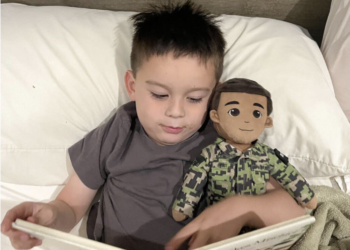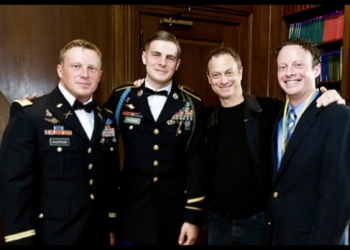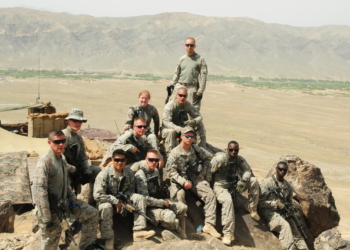Their stories are unusual: young women, fresh out of college, who wanted to help the troops and ended up on the ground during the Vietnam War, with little training and no military experience.
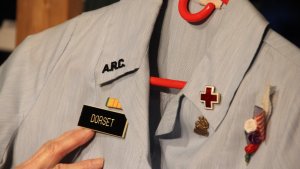 Affectionately known as “Donut Dollies” and clad in baby blue uniforms, their mission was to boost morale by providing entertainment and a friendly, supportive ear as part of a little-known program offered by the American Red Cross.
Affectionately known as “Donut Dollies” and clad in baby blue uniforms, their mission was to boost morale by providing entertainment and a friendly, supportive ear as part of a little-known program offered by the American Red Cross.
“This was a small group of amazing, courageous women who felt called to volunteer and risk their lives to help people and for their country,” said Norm Anderson, whose mother was a Dollie and who directed the 2019 documentary “The Donut Dollies.”
“They came from different backgrounds, they had different motivations, but there was a real generosity and bravery that came throughout,” he said.
In all, 627 women served as Donut Dollies during the Vietnam War. The moniker derived from the Red Cross volunteers who gave donuts to soldiers in previous wars. The women got a two-week introductory training in Washington, D.C., followed by two weeks of training in Saigon before being assigned to 17 bases throughout South Vietnam.
READ: Emergency messages assist military families during crises
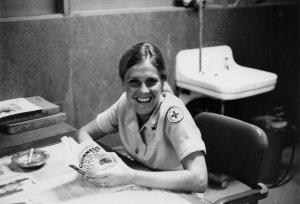
The Dollies provided “programming” for the soldiers — picture games, trivia, magic tricks, songs on the guitar and more — on home and frontline bases, which they reached by Jeep, truck or helicopter. They visited injured soldiers, delivered mail and goodie bags and helped out in the mess hall.
The entertainment was often silly and made up on the spot, but very much welcomed by the service members, said Linda Sullivan Schulte, 75, of Delaware, who served as a Dollie from 1968 to 1969.
“We wanted to remind them of home and have some fun with it,” she said.
There were lots of laughs, but the work was also serious, said Dorset Anderson, 77, of Massachusetts. She, too, served as a Dollie from 1968 to 1969.
“There were times when the soldiers were homesick … and we wanted to understand what they needed and how we could help them,” she said. “We had to make sure we knew what we were doing.”
There were nerve-wracking times, like when enemy planes flew low overhead at night and missiles hit the ground nearby. Often, people had to take shelter in bunkers.
Once, bullets whizzed by, Sullivan Schulte recalled. Another time, someone threw a shirt over her for protection during a tear gas attack.
And yet, “I was 21 and I was too stupid to be scared,” Sullivan Schulte said. “You feel immortal at that age.”
Three Dollies died in Vietnam: one as a result of a medical condition, one after a fall from a Jeep and one after being stabbed to death in her room.
While most Dollies reported having positive experiences, some were victims of sexual harassment and sexual assault in Vietnam, Norm Anderson said. Dorset Anderson said she knew of one Dollie who was raped.
The Dollies witnessed death and injury firsthand, which took an emotional toll they didn’t much discuss or even acknowledge, Norm Anderson said.
“They absorbed all the stories from the guys, they made friends with them. Then, (the soldiers) might not come back the next day, or they might be horribly disfigured,” he said. “And during all of it, the Dollies were told to put on a happy face.”
There were indeed painful times, but it was all part of what they signed up for, said Dorset Anderson.
“It was one of the better things I could have ever done in my whole life,” she said.
“It was an amazing, life-altering experience in a lot of ways,” agreed Sullivan Schulte.
Finding similar satisfaction in everyday jobs back home wasn’t easy for many of the Dollies, Sullivan Schulte said. She was lucky to get a position recruiting for the Red Cross, which led to a 40-year career in marketing.
Dorset Anderson held a variety of jobs, including in banking, mail order, summer stock theater and house cleaning. She often used the same “de facto therapist” skills in her work as she did in Vietnam, her son said.
Norm Anderson’s documentary includes scenes shot in Vietnam and interviews with Vietnam War veterans. Four decades later, it was heartwarming to watch them interact with the Dollies, the director said.
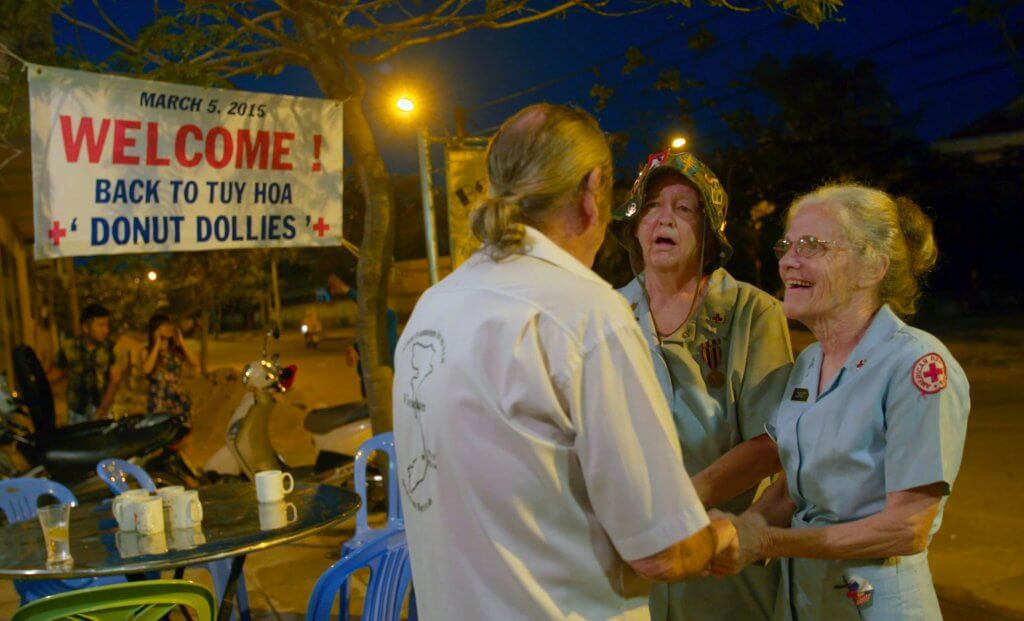
“(The Dollies) had the same love for the guys and the same desire to listen to them and support them,” he said. “That was lovely to see. You really get a sense for what a difference it could really make in a guy’s life.”
For the latest on the Donut Dollies and to purchase the documentary, visit DonutDollies.com.


















